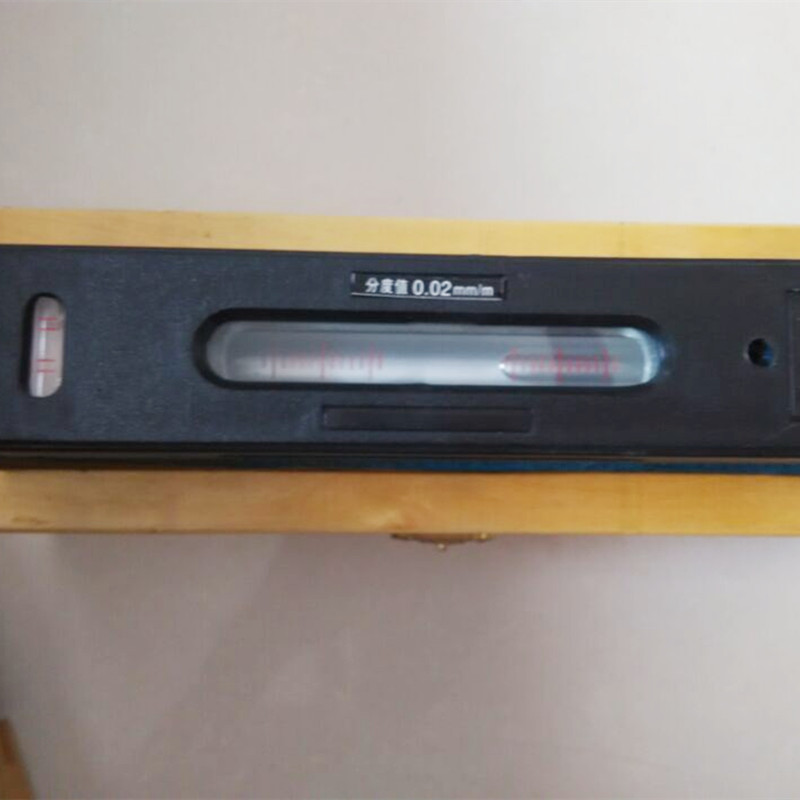set. . 25, 2024 16:58 Back to list
valve metal
The Fascinating World of Valve Metals Properties, Applications, and Future Trends
Valve metals are a unique category of materials recognized for their exceptional properties which make them indispensable in various industrial applications. Typically, valve metals include titanium, zirconium, hafnium, niobium, and tantalum. These metals exhibit remarkable resistance to corrosion and oxidation, high melting points, and the ability to maintain their strength at elevated temperatures. This article explores the attributes, applications, and future trends associated with valve metals.
Properties of Valve Metals
One of the defining characteristics of valve metals is their ability to form a passive oxide layer on their surface. This oxide layer acts as a protective barrier, preventing further corrosion and making these metals highly resistant to aggressive environments. For example, titanium, known for its lightweight and strength, is commonly used in aerospace applications where resistance to high temperatures and low weight are crucial. Similarly, tantalum is sought after in the electronics industry due to its excellent corrosion resistance and high melting point, making it ideal for capacitors and other components.
Furthermore, valve metals exhibit a remarkable ability to be welded and machined, though they require specialized techniques due to their unique properties. This workability allows for the creation of complex shapes and components used in various high-performance applications, ranging from medical devices to chemical processing equipment.
Applications of Valve Metals
The application spectrum of valve metals is vast, illustrating their versatility across several industries.
1. Aerospace and Defense Titanium’s strength-to-weight ratio makes it a preferred material for aircraft frames, engines, and other critical components. It's also used in military applications due to its resistance to sea water and high-stress conditions.
2. Chemical Processing Zirconium and hafnium are extensively used in chemical reactors and piping systems. They stand up to highly corrosive environments, making them essential for industries that handle aggressive chemicals and acids.
valve metal

3. Medical Devices The biocompatibility of titanium makes it a staple in medical implants, prosthetics, and surgical instruments. Its ability to integrate with human tissue without causing adverse reactions is invaluable in advancing modern medical technology.
4. Electronics Tantalum is a key component in the production of capacitors, which are integral to electronic devices. Its ability to maintain functionality under extreme conditions is critical in high-performance electronics.
5. Nuclear Applications Both zirconium and hafnium play crucial roles in nuclear reactors due to their neutron absorption properties. Zirconium is used in fuel rods while hafnium is employed to control nuclear reactions.
Future Trends and Innovations
The demand for valve metals is expected to grow as industries continue to seek materials that can withstand extreme conditions while providing efficiency and reliability. Ongoing research is being directed towards optimizing the extraction and processing of these metals to minimize environmental impact, as mining and refining processes can be intensive.
Moreover, innovations in alloying techniques may lead to the development of new materials that combine the best properties of valve metals with other elements, which could further expand their applications. For instance, the development of titanium alloys has already paved the way for lighter and stronger materials in aerospace and automotive industries.
In addition, the rise of 3D printing and additive manufacturing techniques opens new possibilities for utilizing valve metals. These technologies enable the production of intricate designs and components that were previously impossible with traditional manufacturing methods, thereby enhancing efficiency and reducing waste.
Conclusion
Valve metals are a critical part of modern engineering and technology. Their unique properties enable innovative applications across a range of industries, from aerospace to healthcare. As we move forward, advancements in material science and technology promise to unlock even greater potential for these exceptional metals. Understanding and investing in valve metals will be crucial for industries aiming to thrive in an increasingly competitive and environmentally aware market. The future of valve metals looks promising, filled with opportunities to further enhance their performance and application in our daily lives.
-
Technical Elucidation of Threaded Ring GaugesNewsJun.23,2025
-
Snap Gauge Critical Tool for Industrial Precision MeasurementNewsJun.23,2025
-
Granite Inspection Tables Precision Tools for Industrial FabricationNewsJun.23,2025
-
Exploring the World of Granite ToolsNewsJun.23,2025
-
Butterfly Valve and Globe Valve Manual An Academic OverviewNewsJun.23,2025
-
Retrofitting Old Systems with Y Type Strainer ValvesNewsJun.20,2025
Related PRODUCTS









